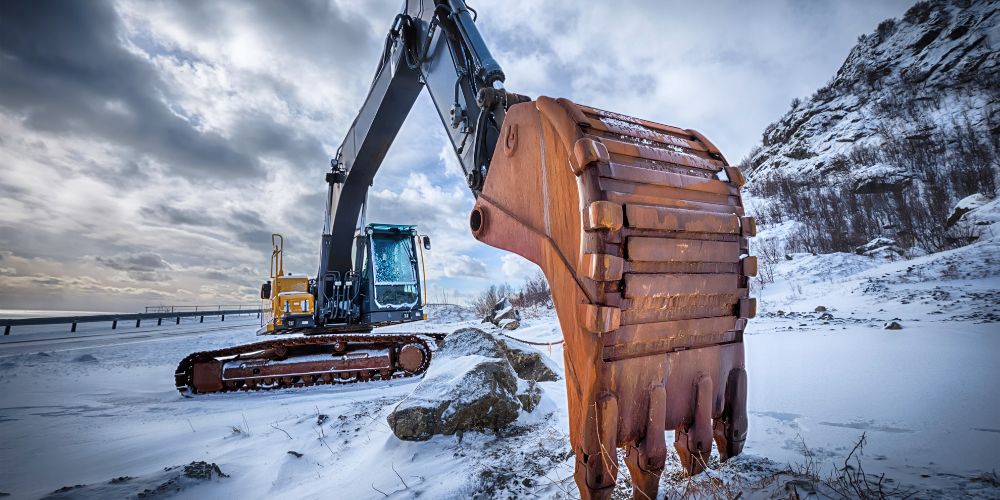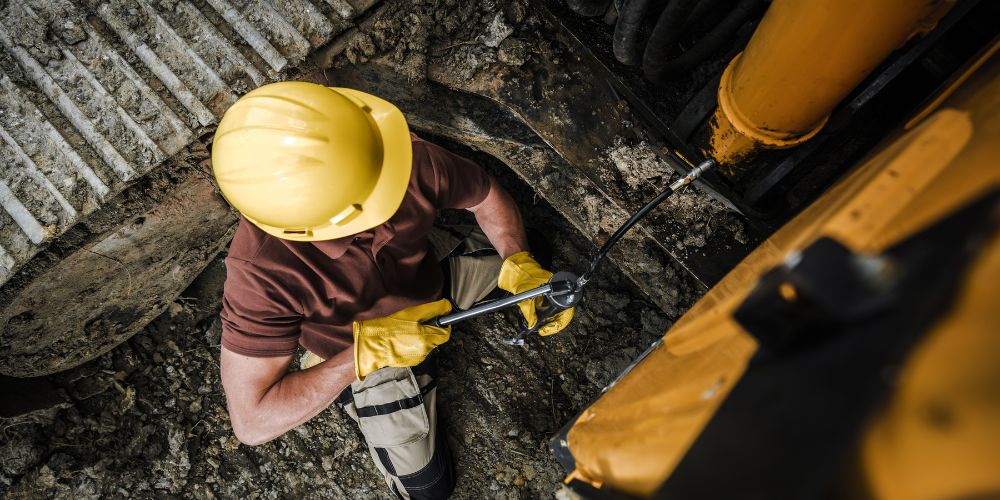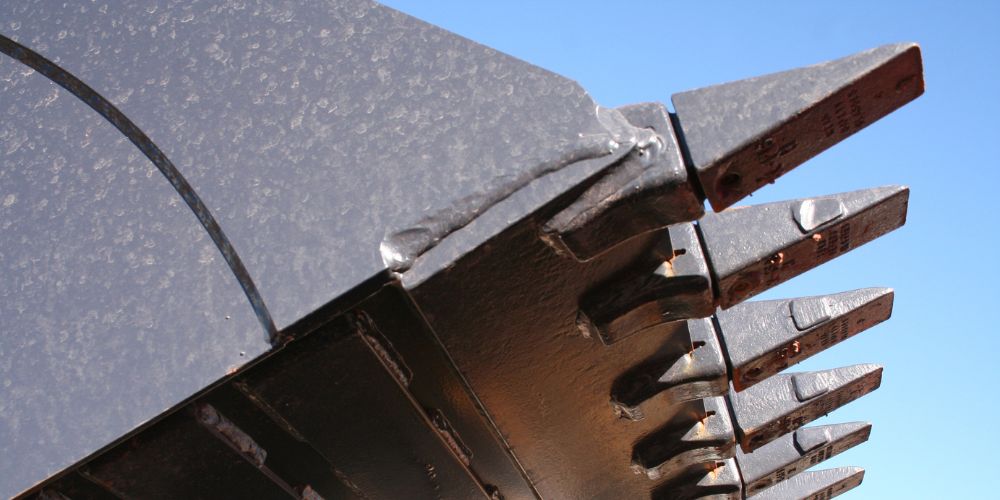How to Maintain and Extend the Life of Your Excavator Attachments

Excavator attachments are essential tools for construction, landscaping, and demolition projects. From buckets and augers to hydraulic breakers and grapples, these attachments are investments that need proper care to deliver consistent performance. Neglecting maintenance can lead to costly repairs, downtime, and the need for premature replacements. By following these essential maintenance practices, you can extend the lifespan of your excavator attachments and save money in the long run.
Perform Regular Inspections
Why It Matters: Regular inspections help identify wear and tear before they escalate into major issues. Components like bolts, pins, and bushings are subject to constant stress and may loosen or wear over time.
Best Practices:
- Inspect attachments daily before and after use.
- Look for cracks, dents, or unusual wear on structural components.
- Check hydraulic hoses for leaks, abrasions, or loose fittings.
Clean Attachments After Use
Why It Matters: Dirt, debris, and moisture can cause corrosion and reduce the efficiency of your attachments. Leaving mud or materials on attachments can also lead to buildup that affects performance.
Best Practices:
- Remove dirt, debris, and residue with a pressure washer or hose after each use.
- Dry attachments thoroughly to prevent rust formation.
- Apply a protective coating or lubricant to metal surfaces prone to corrosion.
Use Attachments Properly
Why It Matters: Misusing attachments can cause unnecessary stress and damage. For instance, using a bucket for prying or a breaker on unsuitable materials can lead to cracks or structural failures.
Best Practices:
- Follow the manufacturer’s guidelines for proper use.
- Match the attachment to the task—use specialized tools for specific jobs.
- Avoid overloading attachments or operating them at improper angles.
Lubricate Moving Parts

Why It Matters: Proper lubrication reduces friction and wear on moving parts, ensuring smooth operation and preventing damage.
Best Practices:
- Use manufacturer-recommended lubricants for pins, bushings, and joints.
- Establish a regular lubrication schedule based on usage frequency.
- Clean areas around grease points before applying lubrication to avoid trapping dirt.
Monitor Hydraulic Systems
Why It Matters: Hydraulic-powered attachments rely on consistent pressure and fluid quality to function correctly. Contaminated or low hydraulic fluid can damage seals, cylinders, and motors.
Best Practices:
- Check hydraulic fluid levels and top off as needed.
- Replace hydraulic filters and fluid at regular intervals.
- Inspect quick couplers for leaks or damage and clean them regularly.
Store Attachments Properly
Why It Matters: Proper storage protects attachments from environmental damage, such as rust and freezing, and ensures they’re ready for use when needed.
Best Practices:
- Store attachments in a covered, dry area away from extreme weather conditions.
- Use pallets or stands to keep attachments off the ground.
- Cover unused attachments with tarps or protective materials for added protection.
Address Wear and Damage Promptly

Why It Matters: Minor issues can escalate into significant problems if left unaddressed. For example, a small crack in a bucket can grow under repeated stress, leading to failure.
Best Practices:
- Repair cracks, dents, or other damage as soon as they’re noticed.
- Replace worn parts, such as cutting edges or teeth, before they cause performance issues.
- Partner with a trusted welding service for custom repairs or reinforcements.
Train Operators on Proper Usage

Why It Matters: Operator error is a common cause of attachment damage. Ensuring that operators know how to use attachments correctly can prevent misuse and extend their lifespan.
Best Practices:
- Provide training on proper attachment handling and maintenance.
- Emphasize the importance of following weight and angle limitations.
- Encourage operators to report signs of wear or performance issues immediately.
Invest in Quality Attachments
Why It Matters: High-quality attachments are built to withstand heavy use and offer better durability. While they may cost more upfront, they often require less maintenance and have a longer lifespan.
Best Practices:
- Purchase attachments from reputable manufacturers.
- Consider your specific job requirements when selecting attachments.
- Look for attachments with features like reinforced edges or wear-resistant coatings.
North Perth’s Trusted Welding Services
Maintaining and extending the life of your excavator attachments is all about proactive care and proper use. Regular inspections, cleaning, lubrication, and repairs can prevent costly breakdowns and ensure your attachments perform at their best. By investing time in maintenance and training your team, you can protect your equipment and maximize your return on investment.
Need custom welding or repair services or new excavator attachments? Contact AttachPro Welding today to keep your tools in peak condition and ready for any job.
